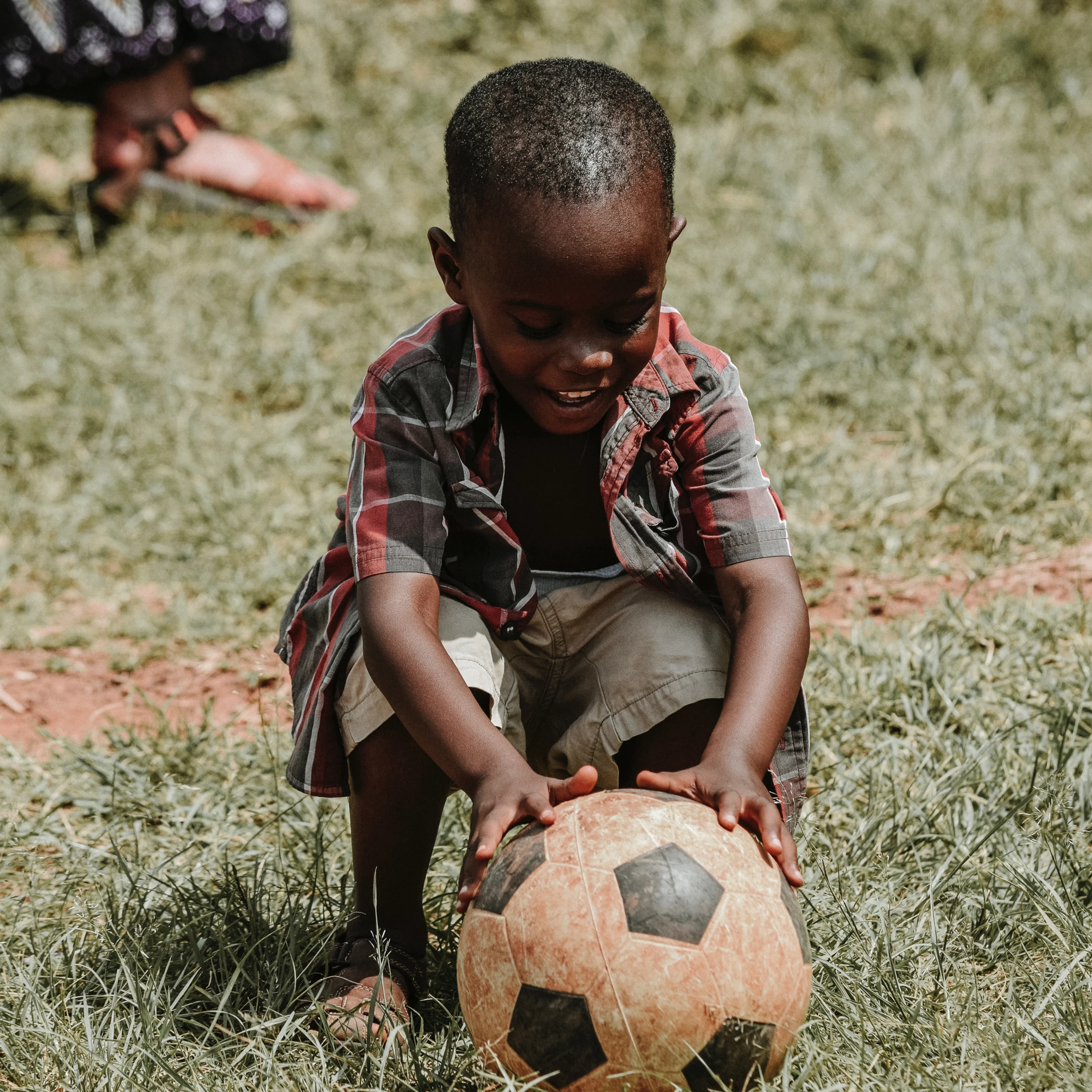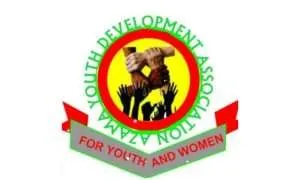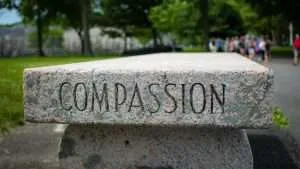Where many reference the sociology of sport by discussing national or international appearance, or have seem to conceptualize it as a course for international relation between countries, this blog publication differently looks back to the non-fictional experience of an African boy child (the author) in his growth and development, to reexamine the impacts of sports (all sorts of game) from his personal perspective, through the stairs of his socialization, with further expanse on the social benefits of sport to the society.
Sociology of Sport: Institution of Sport
Sport is one of the dominant unifying factors of human society. All societies practice sports, based on geography and custom. Sports are essential, physical activities which involve internal and external body organs usage to properly effect positive changes to the body. Basically, it is any activity that involves the practice or display of certain skills, as a team is required to often compete with another in the aim to determine the most advantageous team, and to entertain both sides and the society.
Sporting activities may include walking, running, cycling, bushwalking, yoga and football. In sport, ‘talents are identified and nurtured,’ for this very reason, henceforth sports across all societies should not be under-developed. In most African nations, there is the duty for governments to create an enabling environment and formulate better chances for the development of sports. Sports unite people, they create employment opportunities, they build the right personality in people.
Sociology of Sport: Socialization
Sport gives back to society. Of particular interest, sporting personalities like Pele, a Brazilian footballer who has won three World Cups, who also scored 1281 goals in 1363 games has been a special personality, whose lifestyle explains that sport can be used as an advocacy tool. Pele was known for his advocacy which has its base on ‘prevailing over social poverty.’ Also, there are personalities like Serena Williams, Mohammed Ali and many others.
Besides that sport builds the physical structure of man, it also builds a bunch of other personal necessities, which in total benefit contributes greatly to society. It gives room to analytical thinking, it permits a person and a society to experience the act of setting goals and achieving them, it inculcates the right spirit to calculate and overcome risk, it teaches tolerance, and it develops leadership and organizes individual personal psychology. Sport creates an avenue to modify character, without which a global advocacy cannot be achieved, with which prosperous societies can be established.
Sociology of Sport: Sport for Peace
Sport for peace is one of the underemphasized benefits of sport, because it is rarely discussed. ‘Sport wades off depression!’
It happened in February 2021 that I was quite worried on verities, of some issues. I took time to visit a friend, who compelled me to take a walk with him to the University of Ibadan (Nigeria) sport complex within the institution. We got there that day meeting a standard set of players who were having a test match between themselves. I sat there, met people gleefully eulogizing the players. In a very short while, I was blown away. I was eased off my worries, because the activity lessened my stress. Sport intervenes in human personality for the better of self—this is necessarily the essence of sociology of sport.
A Communal Experience
Sport, and the socio-cultural system I grew up with, helped to determine friends with similarities as far back as I was six years of age. Back then, I made friends with peers, with the further result of playing soccer, running after each other (a traditional sport called bojuboju in Southwestern Nigeria) as having a long term friendship period with them, which have maximized to be bigger benefits in my age of maturity.
The sociology of change and development as an individual subject has an influence on sport which is another subject; it understands how societies and sport develop and how they can be changed. There are several benefits of sport, economically, financially, psychologically and socially. These benefits can be maximized.
Sport is bound to develop overtime and it can cause the social effect of peace. Through Functionalism, sport promotes social and moral solidarity and stability. Sport teaches tolerance, discipline, teamwork and sportsmanship.
Concluding Thoughts
The first Olympic Games in 1896 have become the link-up event that has led to the declaration of 6th April as the International Day of Sport for Development and Peace by the United Nations General Assembly in 2013.
This year, the celebration has taken other forms; people around the world have been implored to celebrate the essence of the international celebration by posting hashtags with the inscription #BeActive #StayStrong #StayHealthy and #StayActive. In the exact text of the United Nation, “this day offers a new opportunity to promote sport and physical activity as a cost-effective and meaningful tool to address a wide range of needs related to: education, health, social inclusion, youth development, gender equality, peace-building and sustainable development.”
Read: Black National Anthem: The NFL’s Step to End Racism
Read: Sociology of the National Football League
Frequently Asked Questions about Sociology of Sport

What is the sociology of sport?
The sociology of sport is a subfield of sociology that examines sports as a social phenomenon. It explores the impact of sports on society and how social structures, institutions, and cultural factors influence the world of sports.
What are some key topics within the sociology of sport?
Key topics include the relationship between sports and social inequality, the role of sports in shaping identity, the impact of sports on communities, the influence of media on sports, and the sociology of sports organizations and institutions.
How does the sociology of sport explore issues of gender and sexuality?
The sociology of sport examines how gender roles are constructed and reinforced in sports, addressing issues of gender inequality, representation, and the challenges faced by female athletes. It also explores the experiences of LGBTQ+ individuals in sports.
What role does race and ethnicity play in the sociology of sport?
The sociology of sport explores issues of race and ethnicity, including the representation of racial and ethnic minorities in sports, the impact of racial and ethnic stereotypes, and the role of sports in the construction of racial identities.
How do sports contribute to socialization and identity formation?
Sports play a significant role in socialization, helping individuals develop a sense of identity, belonging, and connection to larger social groups. The sociology of sport examines how sports contribute to the formation of personal and group identities.
What is the significance of sports in the context of social mobility?
Sports can provide opportunities for social mobility, especially for individuals from marginalized or economically disadvantaged backgrounds. The sociology of sport explores how sports can be a pathway to upward social mobility and the challenges faced by athletes in this regard.
How does the media influence the sociology of sport?
The media plays a crucial role in shaping perceptions of sports, athletes, and sporting events. The sociology of sport examines how media representations impact public opinion, reinforce stereotypes, and contribute to the commodification of sports.
Is there a connection between sports and nationalism in the sociology of sport?
Yes, the sociology of sport explores the connection between sports and nationalism, examining how sports events, particularly international competitions like the Olympics, contribute to the construction of national identity and pride.







